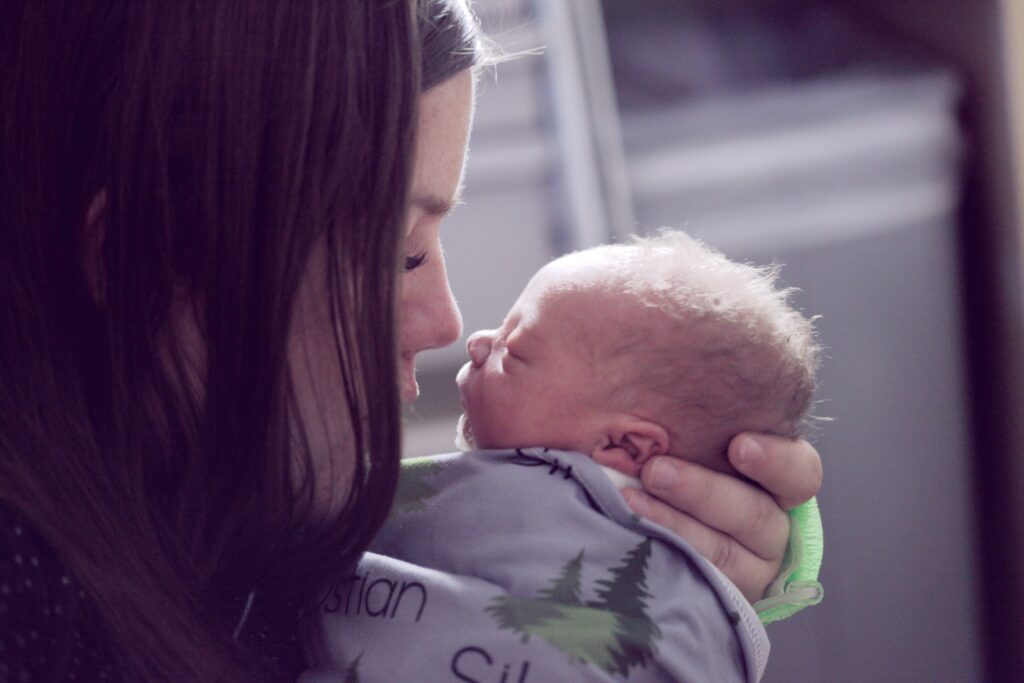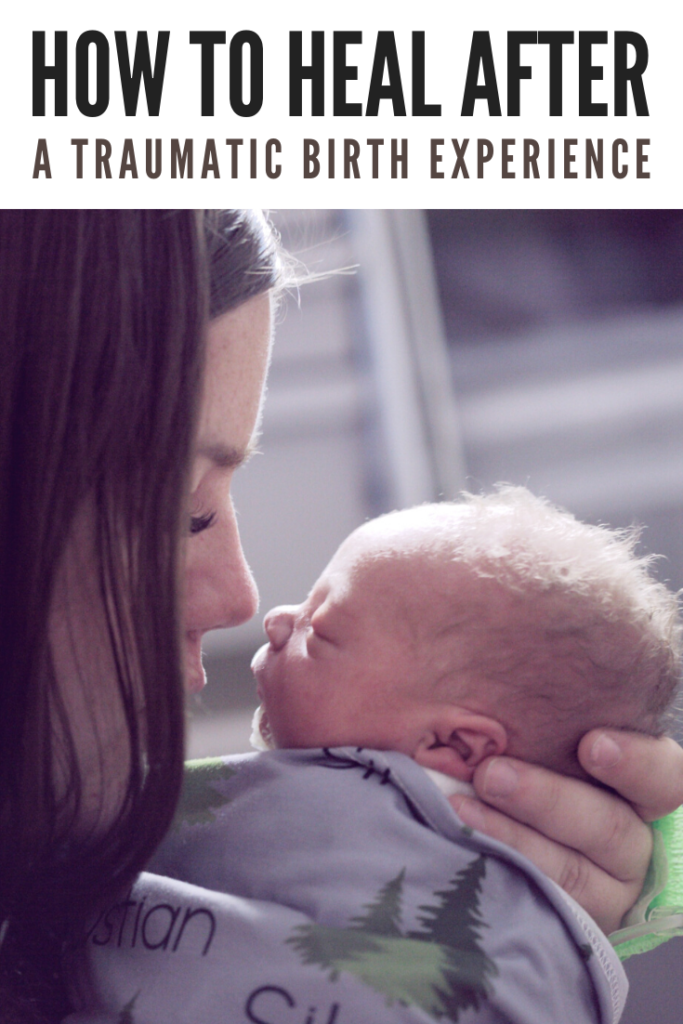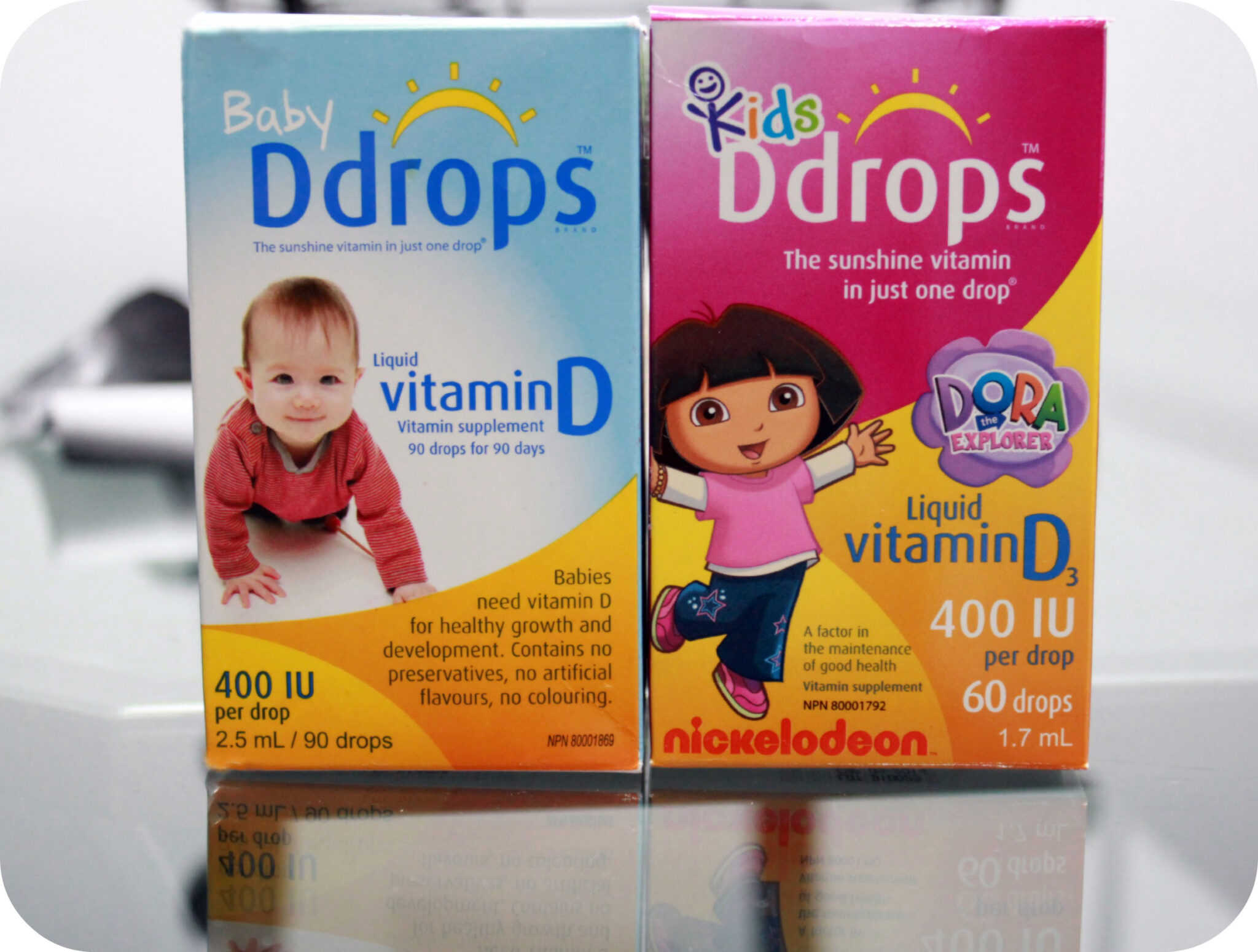How to Heal After a Traumatic Birth Experience

How to Heal After a Traumatic Birth Experience
Facebook is filled with smiling faces of mothers who have just given birth to little bundles of joy. They share the magic of delivery and how special those precious moments were.
But not every experience is like this.
In fact, thousands of mothers have rather traumatic birth experiences that leave them with emotional and psychological scarring.
The question is, how do we reconcile these latter situations?
Delivery, Birth and Trauma
No two birth experiences are the same. They vary widely and dozens of independent variables circumstances can impact what happens – physically, emotionally, and psychologically.
“Researchers have previously defined ‘good’ and ‘bad’ birth experiences in terms of objective characteristics: length of labour, use of pain medications, medical interventions, and type of delivery,” health psychologist Dr. Kathleen Kendall-Tackett writes. “
There is an assumption underlying much of the research on birth experiences that traditional deliveries are usually positive, which is not always the case, and that cesareans are usually negative (also not always the case). When considering women’s reactions to their births, I have found it more useful to consider the subjective characteristics.”
Trauma psychologists have found that birth experiences are troubling to the extent that they are sudden, overwhelming, and/or dangerous.
The type of birth is a subjective factor that will often dictate whether a birth is a happy experience or a traumatic one.
If you find yourself in the aftermath of a traumatic birth experience, it’s imperative that you don’t suppress your feelings and assume that things will get better on their own. You must be proactive in your approach to recovery. Here are some tips:
1. Get Some Help
A traumatic birth experience isn’t something you can face on your own. No amount of internal strength or mental fortitude is adequate. You must admit that you need help from others and seek it out.
If you personally experienced a traumatic delivery, a therapist can help you come to terms with what occurred and talk your way through healing. If your child was harmed during birth, legal assistance may be necessary.
“Families coping with a situation in which a child was harmed during the birthing process may have a suspicion as to what happened, but rarely know with certainty what transpired in the delivery room and how it impacted their child,” Rosenfeld Injury Lawyers explains. An attorney can handle the logistics of the situation and ensure you get proper representation.
2. Be Kind to Yourself
Many women blame themselves for what happened – when it’s rarely, if ever, their fault. They think things like “If was only stronger…” or “If I would have just…” But “ifs” and “onlys” are dangerous and never-ending.
You must be kind to yourself.
Let yourself off the hook for decisions that were made in the heat of the moment. Don’t dwell on shortcomings.
Love yourself and provide plenty of grace. You did the best you could with the knowledge and resources you had.
3. Write About Your Experience
It can be very cathartic to write about your birth experience, even if you aren’t a writer.
Grab a pen and notebook – or your laptop – and start journaling about what happened.
Discuss the details – joyful and heartbreaking – and let it flow until you no longer have words.
There’s something powerful about getting the story out of your head and onto paper that accelerates the healing process.
4. Practice Self-Care
You are worthy of being loved, appreciated, comfortable and happy about life. If you’re having a hard time believing this, make it a point to practice regular self-care.
This could be as simple as taking a 20-minute bath, going for a walk, indulging in a pint of ice cream, getting a pedicure, or putting on your favourite album.
5. Give Yourself Time
“There is time to work with your feelings, but you don’t have to work with them all right now,” psychologist Suzanne Swanson writes. Give yourself room to breathe and don’t feel like everything has to get better right away. Time is still the greatest healer of all.
6. Finding Hope in the Future
It’s hard to see it now, but the future is brighter, happier, and healthier. By addressing the pain of a traumatic birth experience, you can pave the way for better days.
Life is filled with meaning and purpose – you simply need to rediscover what this looks like for you and your family!
You May Also Like:
- Ontario Needs Birth Centres Now
- 5 Reasons Why You’ll Fall in Love with the diono Quantum Classic
- The Best Things to do with Kids in NYC
- The Graco Maddox 3-in-1 Convertible Crib with KidiComfort Mattress
Personally, I didn’t have a rainbow and butterflies birth and delivery so, I know very well what one experiences.
How was your birth experience?
-Jennifer
PIN FOR LATER:

I am a girl from the UK with a lot of thoughts. I left the rat race of the corporate and marketing world to be my own boss. I write about life, finances, home design, fashion, and more. Hoping to inspire people every day. I’m a writer, a reader, and an old soul.






